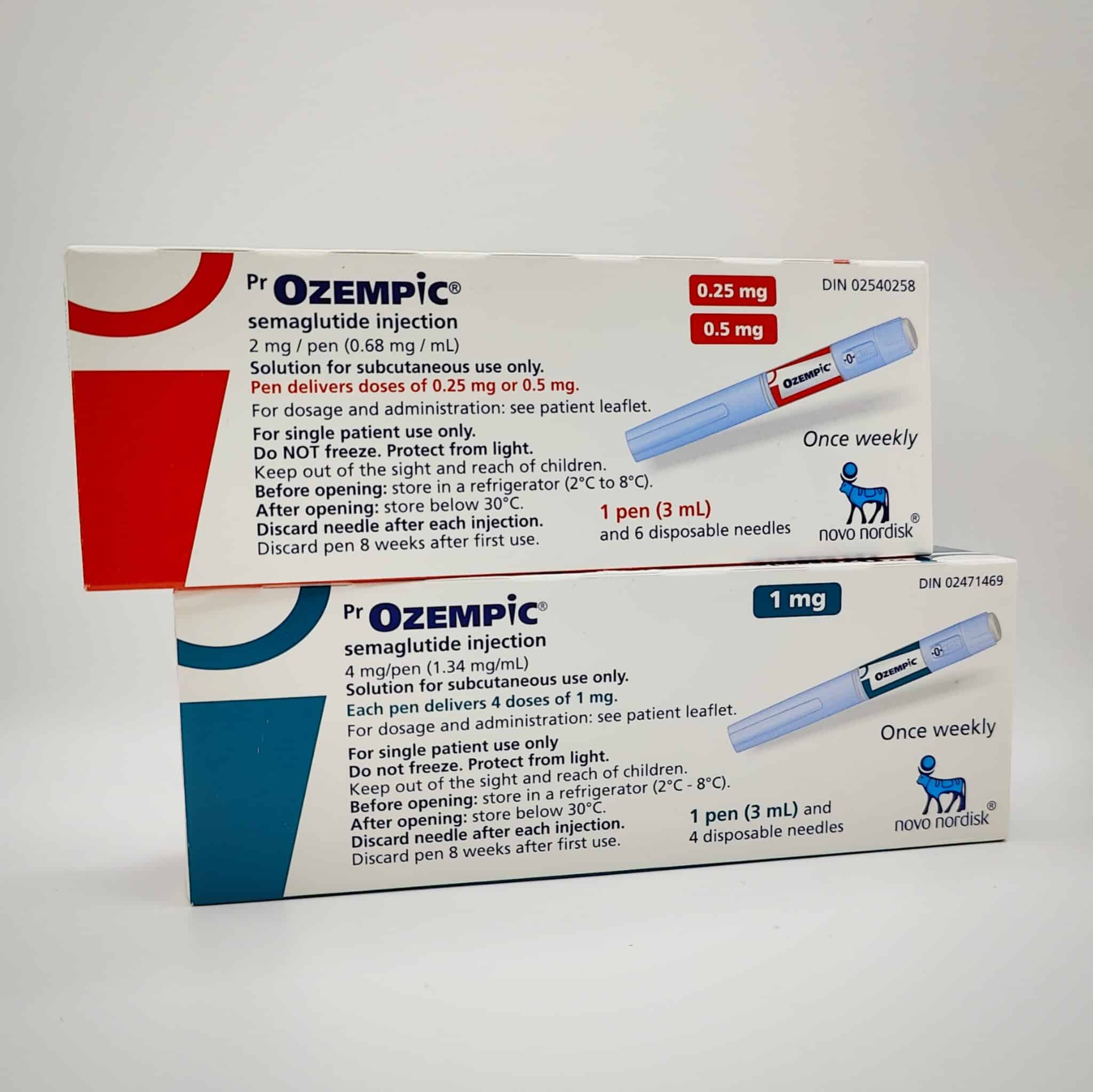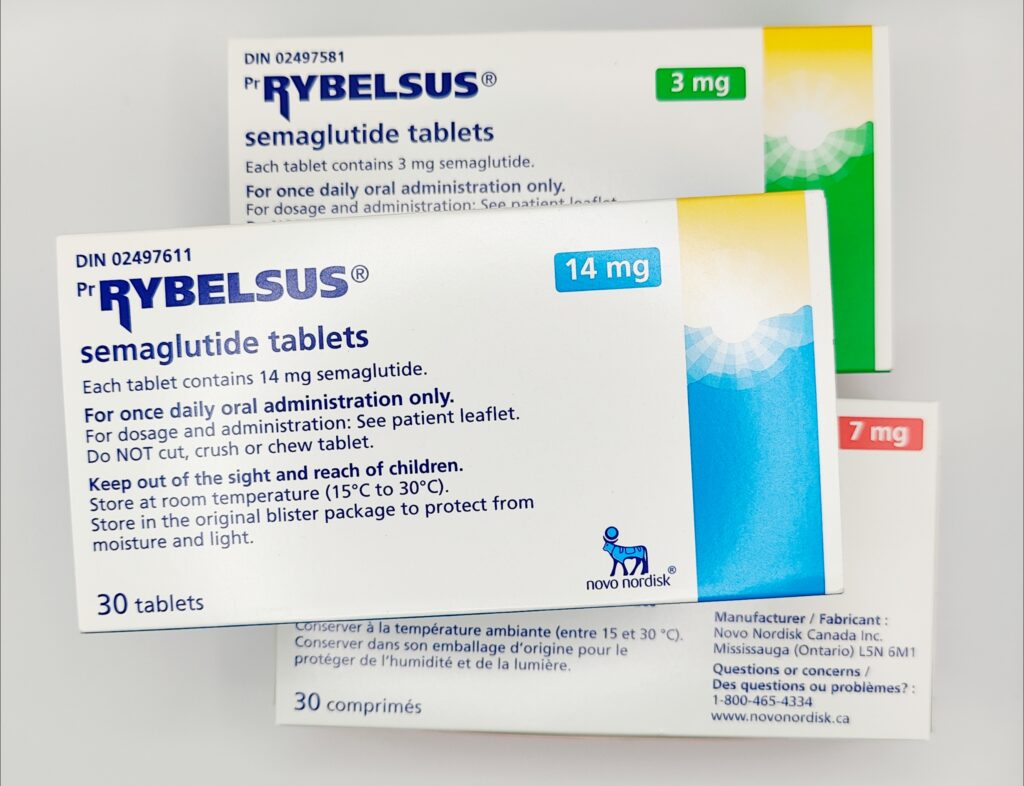How Long Should You Stop GLP-1 Medications Before Surgery?
How Long Should You Stop GLP-1 Medications Before Surgery?
- Jason K
GLP-1 receptor agonists like Ozempic, Mounjaro, and Rybelsus are highly effective for managing type 2 diabetes and aiding weight loss. However, if you’re planning surgery, it’s crucial to know how these medications might affect the procedure and when to pause and restart them. This guide explains how long you should stop GLP-1 drugs before surgery, the differences between low-risk and high-risk procedures, and the best time to resume these medications.
Why Pause GLP-1 Drugs Before Surgery?
GLP-1 medications slow gastric emptying, which means food stays in your stomach longer. During surgery, this can increase the risk of aspiration (inhaling stomach contents into the lungs), especially if anesthesia is involved. To minimize complications, these medications are usually paused before surgery.
Low-Risk vs. High-Risk Procedures
Low-Risk Procedures
Low-risk procedures typically involve local anesthesia or minor sedation, such as:
- Dental procedures.
- Skin biopsies.
- Minor eye surgeries (e.g., cataracts).
When to Stop GLP-1 Drugs:
- 1-2 days before the procedure.
This short pause reduces the risk of complications while ensuring your medication schedule isn’t disrupted for long.
High-Risk Procedures
High-risk procedures involve general anesthesia or require the stomach to be empty, such as:
- Abdominal surgeries.
- Bariatric (weight-loss) surgeries.
- Major orthopedic surgeries.
When to Stop GLP-1 Drugs:
- At least 7 days before the procedure.
For surgeries requiring complete gastric emptying, this longer pause ensures your stomach has fully cleared and reduces aspiration risk.
When Can You Restart GLP-1 Medications?
The timing for restarting GLP-1 drugs depends on how your recovery is progressing:
1. Immediately After Minor Procedures:
For low-risk surgeries, you can typically restart your medication the day after the procedure, as long as you’re eating and drinking normally.
2. 1-2 Weeks After Major Surgeries:
For high-risk surgeries, wait until you’re tolerating oral intake and your healthcare provider gives the green light. Restarting too soon could worsen nausea or delay gastric recovery.
General Tips for Managing GLP-1 Medications Before Surgery
-
Plan Ahead:
- Discuss your GLP-1 medication with your surgeon and anesthesiologist well in advance of your procedure.
-
Monitor Blood Sugar:
- If you’re stopping your GLP-1 drug, closely monitor your blood sugar levels during the pause. Your healthcare provider may adjust your insulin or other diabetes medications to maintain control.
-
Stay Hydrated:
- GLP-1 medications slow digestion, so hydration is key when restarting after surgery to prevent nausea.
-
Communicate with Your Team:
- Inform all healthcare providers involved in your care about your medication pause and plan for resuming.
Conclusion
Pausing GLP-1 medications like Ozempic, Mounjaro, or Rybelsus before surgery is essential to reduce risks and ensure a safe procedure. Whether your surgery is low-risk or high-risk, planning with your healthcare team will help you manage your medications effectively. Always consult your doctor or pharmacist for personalized advice, and prioritize monitoring your blood sugar levels during the pause.
If you’re considering GLP-1 medications like Ozempic or Mounjaro, and have questions about which one is right for you, consult with your healthcare provider or pharmacist to explore your options. Canadian prescription referral services can also provide affordable access to these medications, ensuring that cost is never a barrier to better health.


